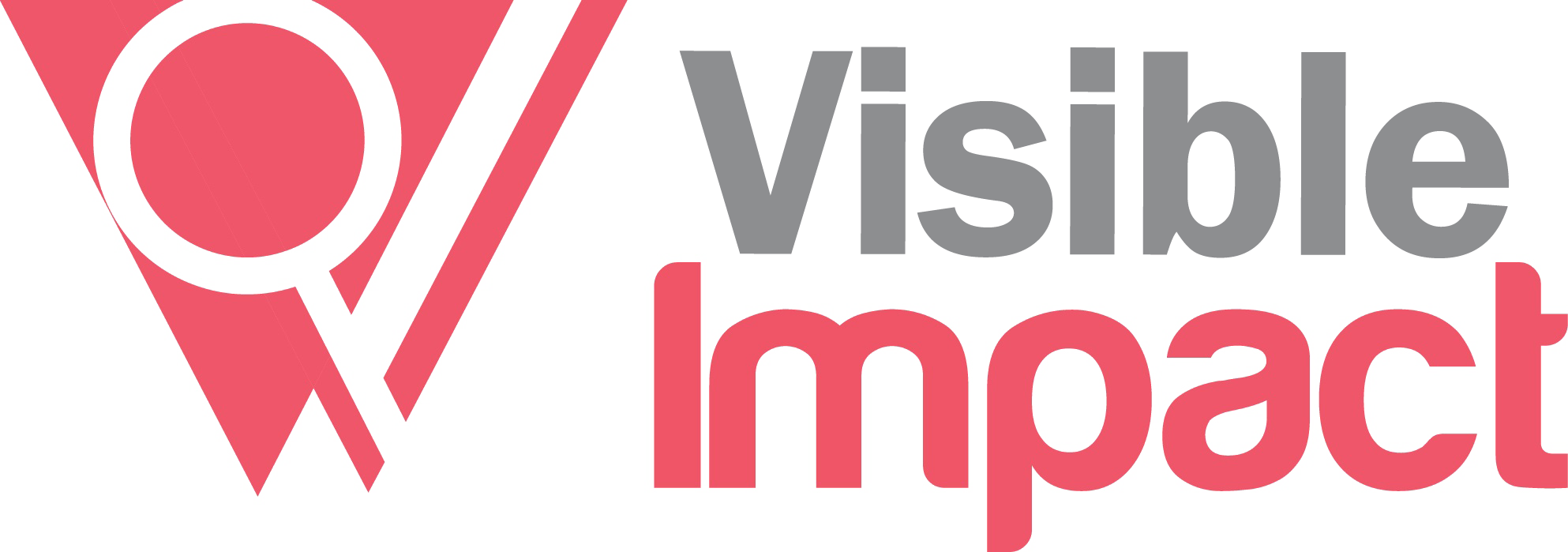"Strengthening capacity of Adolescent Friendly Health Services for Adolescents"
ICPD program of action highlights the critical need to address adolescent sexual and reproductive health issues by making available of information and services and with the education of young men to respect women’s self-determination and to share responsibility with women in the matter of sexuality and reproduction.
Many of the health institutions have upgraded the services as adolescent-friendly health services as per foreseen by NHSP-II, 25 % led to the introduction of adolescent sexual and reproductive health programs. We can see proper equipment along with books and teaching guideline available in health services.

Adolescent friendly health services should be accessible, acceptable, equitable, appropriate and effective. Effective intervention for making adolescent friendly services require the provision of sexuality education and contraceptive services for adolescents; building community support for the provision of contraception, providing sexuality education within and outside school settings and providing contraception through a variety of outlets. In making health services adolescent friendly, it is important to build on what already exists - modifying general health facilities and building the competencies and attitudes of existing health service providers.
Outreach to adolescents in venues where they socialize can improve their access to contraceptive information and services – on the spot or through referral addressing unmet need of adolescents who experience the negative health consequences of early, unprotected sexual activity - unintended pregnancy, unsafe abortions, pregnancy-related mortality and morbidity and STIs including HIV; as well as its social and economic costs.
The most successful sexuality education programs include accurate and age-appropriate information including availability of contraceptives and opportunities to ask questions and discuss their concerns, develop life skills and provide support to deal with thoughts, feelings, and experiences that accompany sexual maturity. Meanwhile, many of the low and middle-income countries laws and policies restrict the provision of contraception to unmarried adolescents or those below a certain age.
Although policies requiring sexuality education for adolescents are in place in many countries, they are poorly implemented, if at all. Adolescents who are not in schools or already married in their early age leads widening knowledge gaps and misconceptions about contraception. In reality, that adolescent is left behind in dark and also the gender power imbalances would lead coerced life of especially women and reaching to provide needed services to require complementary efforts.
Poor access to and use of contraception is a key contributory factor. To meet the needs and fulfill the rights of adolescents, countries should eliminate medical and social restrictions to the provision of contraception to adolescents, and support and enable adolescents to obtain contraceptive methods that are appropriate to their needs and preferences through delivery mechanisms that are acceptable to them.
Multifaceted communication programs directed at community leaders and members, and at adolescents - that inform, educate and create supportive norms for the provision and use of contraception; accurate and age-appropriate curriculum based sexuality education; and the provision of a wide range of contraceptive methods through different adolescent-friendly outlets. The challenge is to build on this small scale and time-limited initiatives to build large scale and sustained programs.
